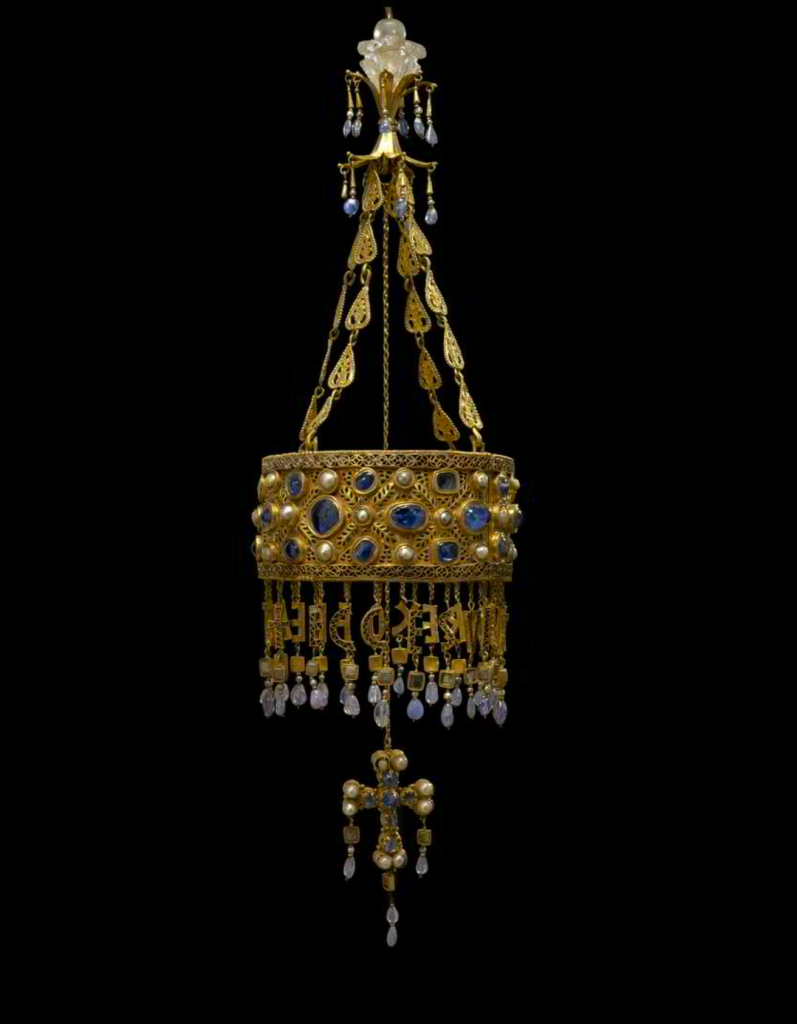
7th century, MAN, Madrid
Maius doesn’t stop! We have decided to transform our next event into an online meeting. Join us on Zoom at 6:00 pm (GMT) on 20 April 2020. Please click this URL to join: https://us04web.zoom.us/s/367909092 (please note you will be asked to register and download Zoom). You can use your PC, Mac, iPad, iPhone or Android device.
As in previous meetings, this workshop will feature short informal presentations followed by discussion. You will be able to present PowerPoint slides or other material remotely, and to join the discussion via voice or chat.
We invite proposals for 15-minute presentations related to the theme of ‘power’, widely considered. Speakers are encouraged to focus their talks on a particular case study (object, extract, document, etc.), which plays a role in their research and can spark creative discussion.
Topics of interest may include, but are not limited to: the monarchy and its accoutrements; bureaucracy and law enforcement; money and wealth; war and violence; religious orthodoxy and spiritual control; affective impact and awe.
Our line-up includes:
Edward Payne, Assistant Professor at Durham University, who is developing a new project on violence in the early modern Spanish port city. His paper is entitled: ‘Everyday violence? Imagining the Tribunale della Vicaria in seicento Naples’.
Nadia Mariana Consiglieri, an Argentinian PhD Candidate in Theory and History of Arts at the Universidad de Buenos Aires in co-tutorship with the École Pratique des Hautes Études, who will discuss ‘Animals in visual discourses of Hispanic royal power (11th–12th centuries)’.
If you would like to present your work-in-progress, please email maiusworkshop@gmail.com.
Our sessions are open to all, and research in early stages of development is especially welcome.

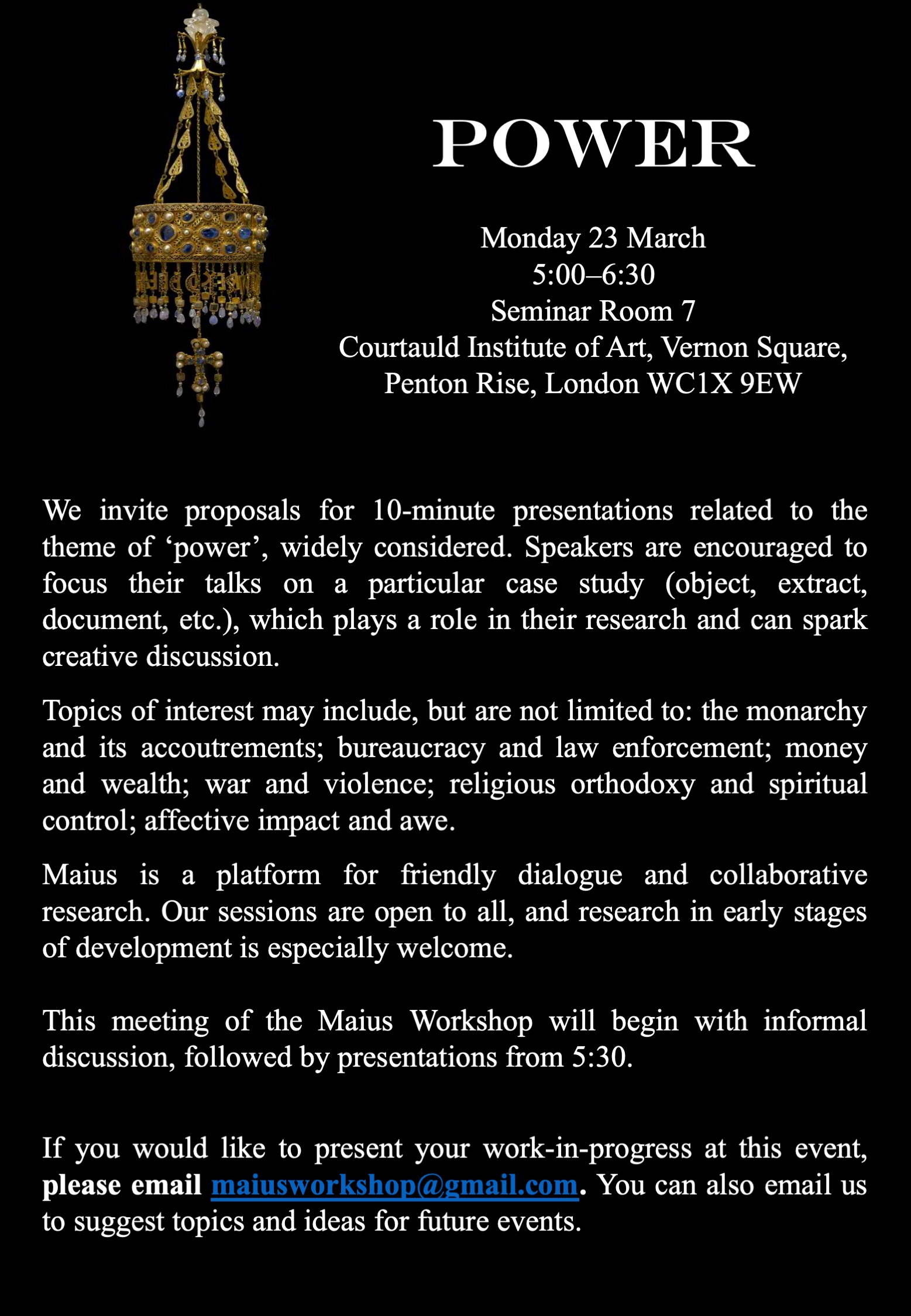
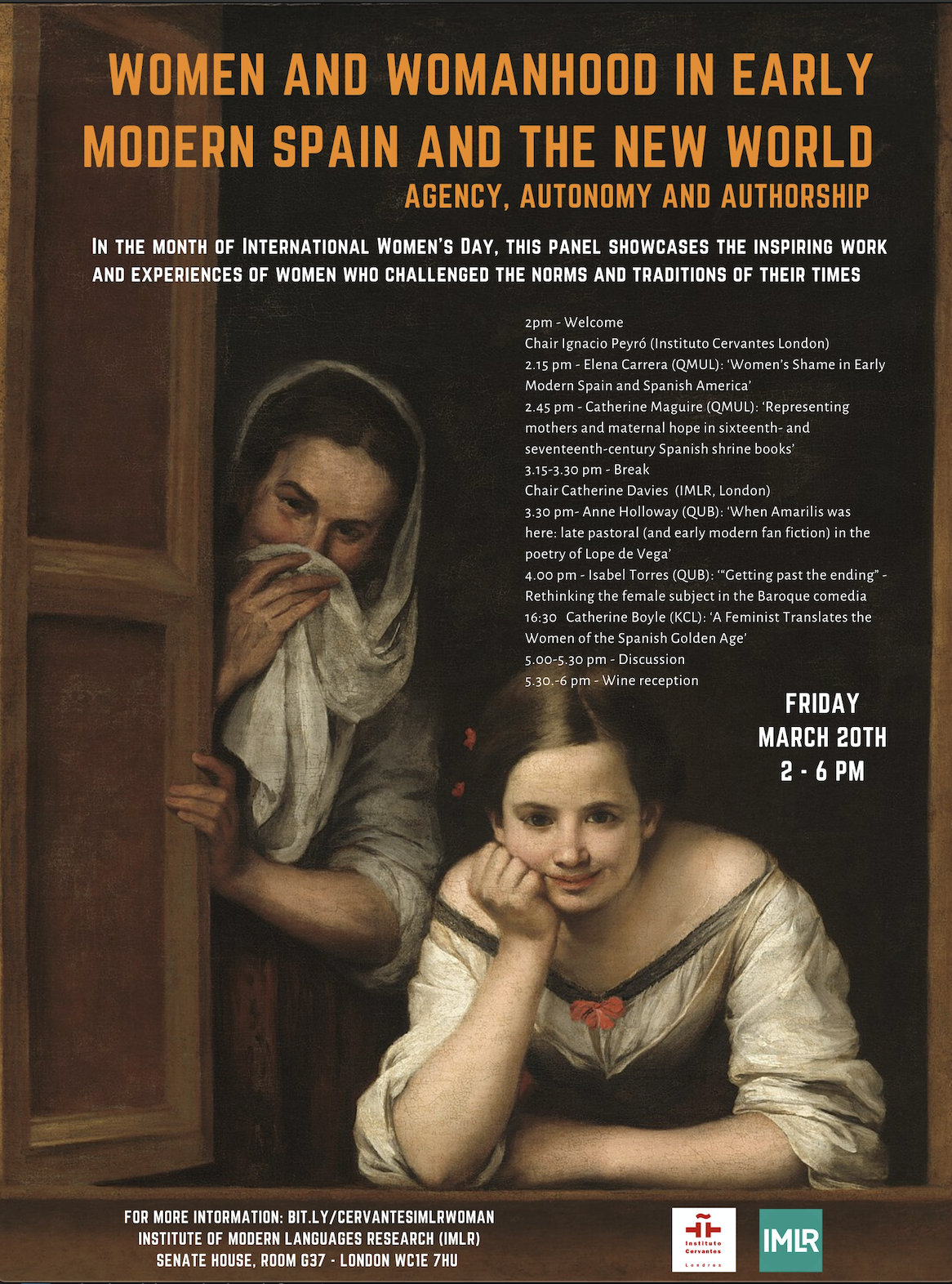 20 March 2020, 2.00pm – 6.00pm
20 March 2020, 2.00pm – 6.00pm ![Communal Identity Leeds CFP[1]](https://maiusworkshop.files.wordpress.com/2019/08/communal-identity-leeds-cfp1.png)
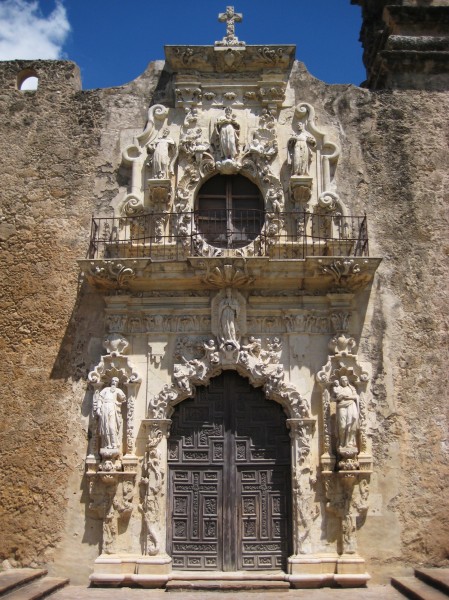
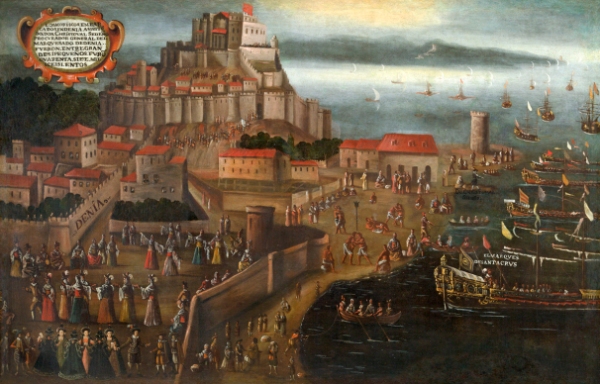 Paper proposals are being accepted for “Iberian (In)tolerance: Minorities, Cultural Exchanges, and Social Exclusion in the Middle Ages and Early Modern Era,” an LAHP Funded Postgraduate Students-led Conference to be held at Senate House, Bedford Room 37, University College, London.
Paper proposals are being accepted for “Iberian (In)tolerance: Minorities, Cultural Exchanges, and Social Exclusion in the Middle Ages and Early Modern Era,” an LAHP Funded Postgraduate Students-led Conference to be held at Senate House, Bedford Room 37, University College, London.